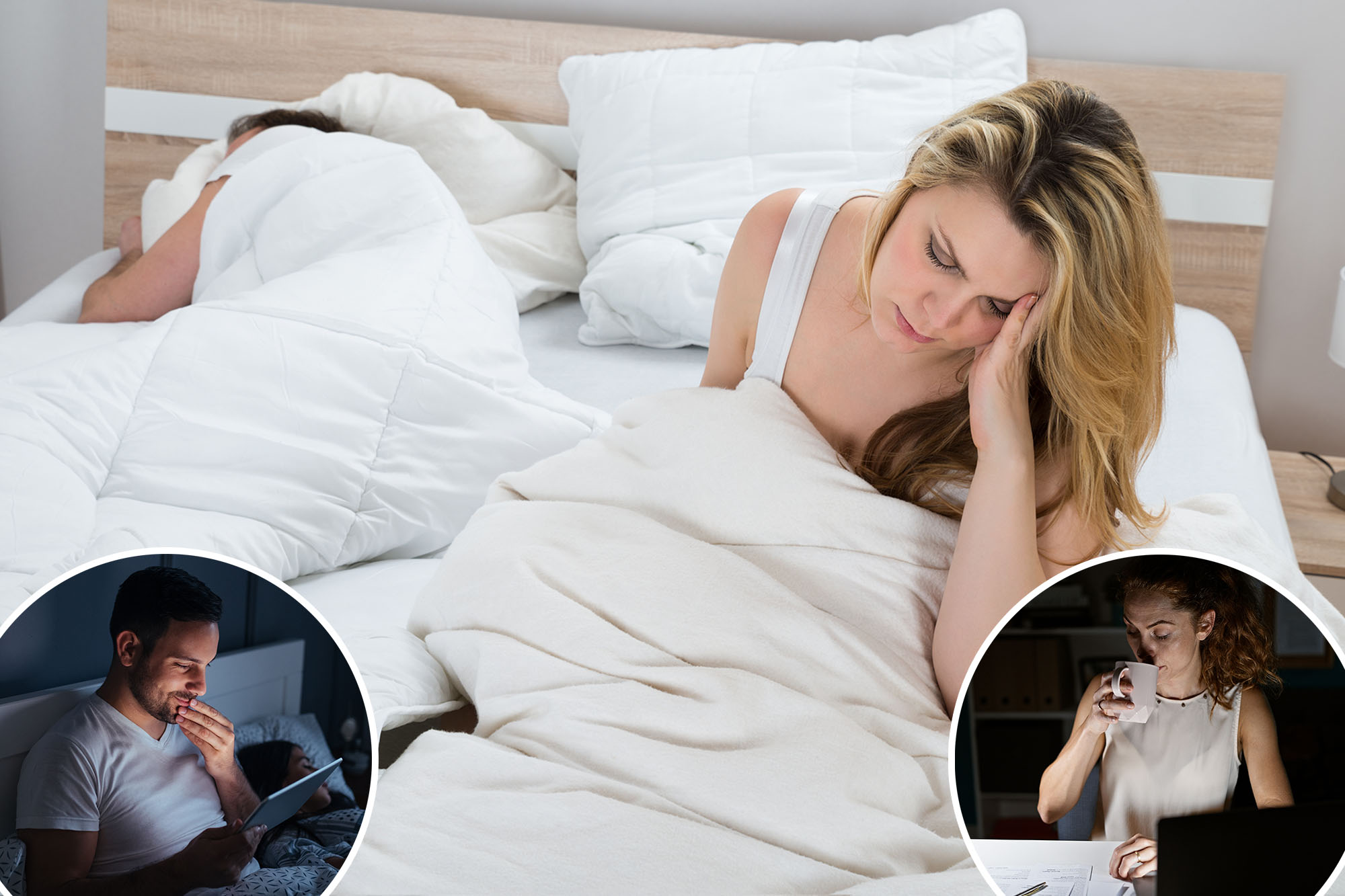
Tired?
You are not alone. Over a third of adults fail to get the recommended amount of sleep each night.
Getting enough sleep is essential for good health, as a lack of shut-eye has been linked to a higher risk of diabetes, heart disease, cognitive decline/dementia, poor immunity, mood swings such as depression and anxiety, and problems other chronic health conditions.
Experts call sleep the basic foundation of health and well-being and recommend getting seven to nine hours of shuteye every night. A consistent closing routine can help build this foundation, and the 10-3-2-1-0 formula promises to deliver.
10-3-2-1-0 is a bedtime routine with instructions that encourage the mind and body to calm down and fall into deep sleep. Read on to learn more.
10 hours before bed: cut back on caffeine
10-3-2-1-0 fans say afternoon espresso is a no-go.
Within 45 minutes of consumption, 99% of caffeine is absorbed by the body. But the half-life of that caffeine—the amount of time it takes your system to reduce it to half its original amount—ranges from 1.5 to 9.5 hours.
Caffeine can make it harder to fall and stay asleep because it competes with adenosine, a natural chemical in the body that promotes sleepiness.
Adenosine, a neurotransmitter, builds up in the body throughout the day and helps regulate sleep-wake cycles. Caffeine disrupts this process, keeping our eyes open when it’s time to close our eyes.
To combat this, experts say your last cup should be consumed no later than ten hours before bed. They also advise skipping the sweet stuff, as sugar is inflammatory and can further disrupt sleep cycles.
Caffeine can also be found in soda, sports drinks, energy drinks, chocolate, tea, and some foods and medications. To avoid sleep disruption, it’s essential to read the labels of everything you consume.
3 hours before bedtime: no alcoholic drinks, no food
Alcohol can disrupt sleep patterns. Although the sauce may initially make you feel sleepy, the sleep you are getting is of poor quality.
Abstaining from alcohol can lead to better sleep quality, deeper sleep, and improved overall rest; however, if you must drink, experts recommend stopping within three hours of bedtime.
The same goes for food.
Fried foods, foods high in fat or acid, and spicy foods can contribute to stomach upset, heartburn, and acid reflux, making it harder to settle down.
Highly processed foods and foods that contain high amounts of sugar cause a rapid rise in glucose levels and increase the risk of a “blood sugar crash,” also known as hypoglycemia.
When we experience this crash, our brain keeps us awake and prompts us to eat more food to normalize our blood glucose levels.
Foods that promote better sleep include foods rich in lean protein, fiber, and complex carbohydrates.
2 hours before bed: turn off energy from work activities
To prepare your mind and body for rest, stop all work-related activities two hours before bedtime.
This boundary creates a positive mental separation between work and sleep. How to quit a job? Meditation and deep breathing exercises are great ways to quiet your thoughts, slow your breathing and heart rate, and help you fall and stay asleep.
1 hour before bed: turn off your devices
Screens emit blue light, which mimics sunlight and inhibits the body’s production of melatonin, the sleep hormone.
Research has found that exposure to blue light emitted by electronic screens can disrupt circadian rhythms, leading to sleep delays. This is especially true when the screen’s content is stressful news or anxiety-provoking social media posts, a practice known as “punishment scrolling.”
Getting food? Turn off for power sleep.
Putting your phone down while preparing your body for rest not only leads to better sleep, but potentially more sex.
0 hits on the snooze button
There’s probably no more delicious morning temptation than the lure of the snooze button, but experts say if you snooze, you lose.
A study published in the journal Sleep found that snoozeers slept less, experienced more sleep disturbances and drank more caffeine throughout the day than those who woke up naturally.
Sleep between naps is poor quality and can contribute to fatigue and brain fog, not to mention the anxiety of being late for work or other commitments.
In addition to the parameters described in the formula 10-3-2-1-0, Experts recommend blackout curtains, a bedroom air purifier, and magnesium glycinate supplements to help promote a proper bedtime ritual.. Evening exercises are another measure for those looking to improve their quantity and qualitysleep.
#formula #promises #sleep #strategy
Image Source : nypost.com